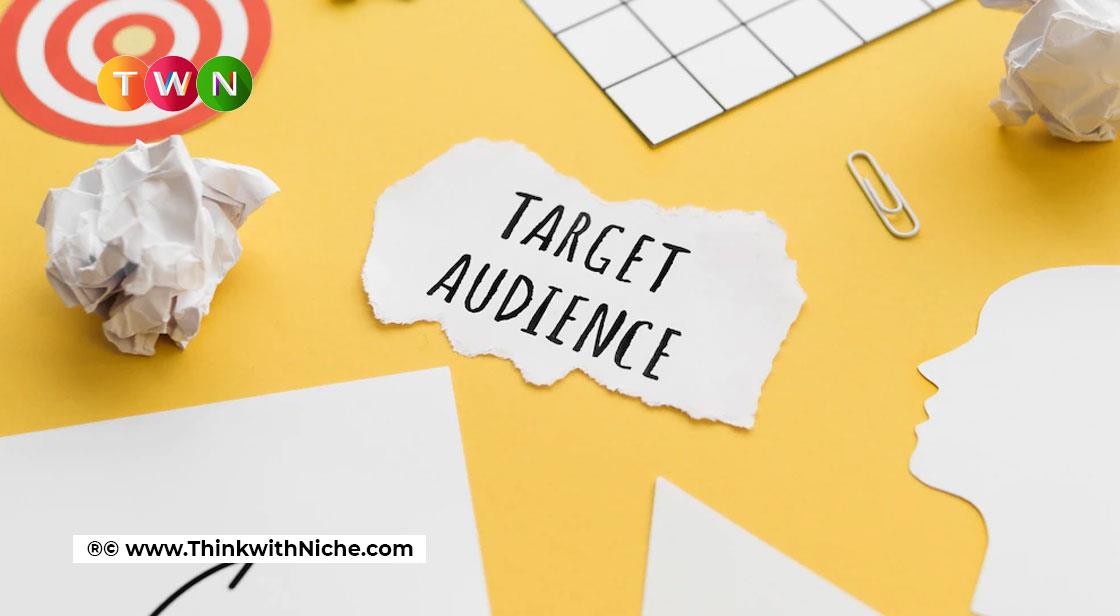6 Ways To Hook An Audience In 30 Seconds

Blog Post
Your hook should come right at the opening of your presentation. It is important to make a good first impression. You, like a superb thoroughbred, must get off to a fast start. Instead, many presenters behave like old, jaded workhorses, squandering the opening few seconds of their time with platitudes and niceties. We don't pay attention to uninteresting stuff, according to brain study. With these inventive speech attention grabbers, you might surprise your listeners. #ThinkWithNiche
A hook is a technique for capturing your audience's attention at the start of your presentation. It's similar to a worm on a fishing hook that attracts fish, as the name says. A hook grabs your audience's attention and makes them want to hear what you have to say.
It's not tough to come up with hook ideas if you follow some simple principles on how to construct a decent hook. A good hook is short, snappy, well-rehearsed, and relevant to the issue. Avoid the dry and conventional while brainstorming hook ideas.
If you're stumped for how to start with a hook, take a look at these 6 examples of hooks that can help you capture—and keep—your audience's attention.
Make a Startling Assertion
When you're stuck for a hook, consider using a startling or stunning fact. That's a simple and effective method of attracting people's attention. Take the time to look into stunning facts that demonstrate the gravity of the topic you'll be discussing. For example, a conservation presentation could begin with: "Every second, a football field-sized swath of rainforest gets plowed down. Every year, this equates to almost 31 million football fields of the rainforest."
Use a Contrarian Approach
Making a statement about a universally recognized topic, then contradicting it, is one of the most attention-getting instances. A market trader, for example, begins by defying conventional wisdom by buying low and selling high. He declares: "It's incorrect. Why? Because buying low usually implies purchasing a stock that is moving in the opposite direction of the most desirable movement, up." This strategy can assist attract the audience right away and is a provocative attention grabber for speeches.
Provide a Reference to a Historical Event
Mentioning a historical event is a good attention getter for speeches. There are times when the day you present has historical importance that can be linked to your presentation's topic as an opening gambit. You never know what pertinence the day may have that will help your presentation stand out.
Add a Little Show Business
Consider the realm of movies if you're looking for inspiration on how to create an intriguing hook. Most people's lives revolve around movies, and a well-placed, relevant movie quote at the outset of a presentation can enliven your audience. Perhaps you have your favorite movie quotation that inspires you.
Arouse Curiosity
Curiosity is piqued by effective attention grabbers. To accomplish so, begin with a statement that will pique the audience's curiosity and cause them to glance up and pay attention to you.
Use Quotations Differently
Quotes are frequently utilized as hook ideas. While many speakers begin with an appropriate phrase, you can set yourself apart by repeating the quote with a twist. As an example, "We've all heard that a thousand-mile trip begins with a single step. But we must keep in mind that even a journey to nowhere begins with a single step." A quotation from your own life can also be used. In a lecture on price versus quality, for example, I frequently mention my grandfather, who used to say, "I am not wealthy enough to buy cheap."
Conclusion
Without question, stories are the most fascinating and widely used hooks. A well-told story will drive listeners to lean in more than anything else. Our brains are designed for storytelling, according to science. However, the story must be succinct, with just enough detail to make it come alive. It must be genuine and have a "message," or lesson, that supports your point of view. Above all, it should be considered. If you want to know more about how to engage users, here's a complete guide - The Complete Guide to Customer Engagement 2020!
You May Like
EDITOR’S CHOICE












